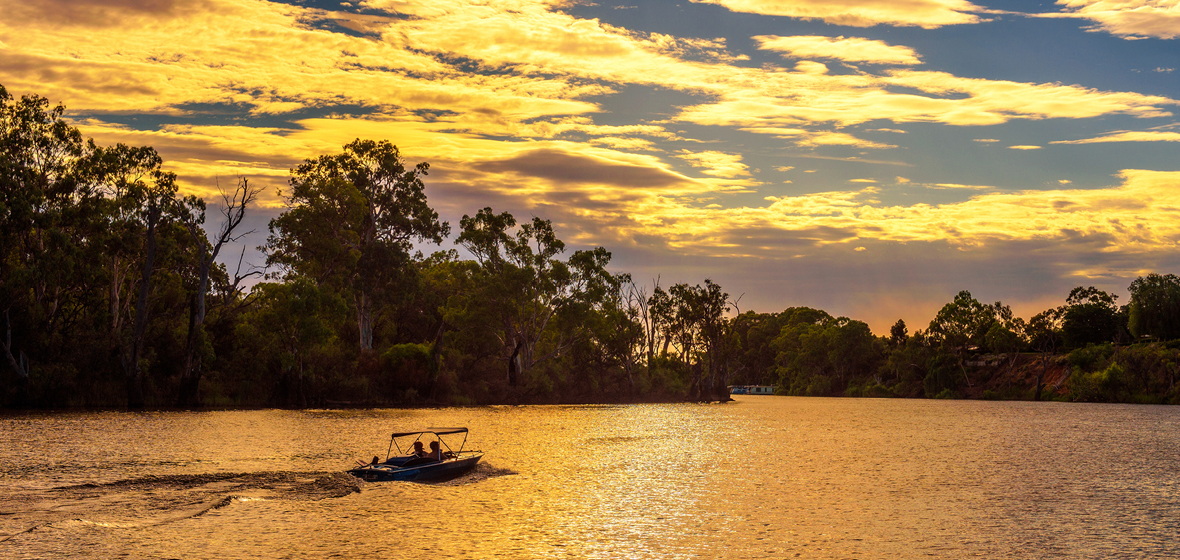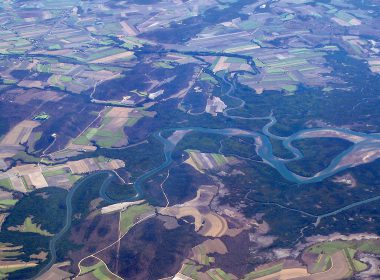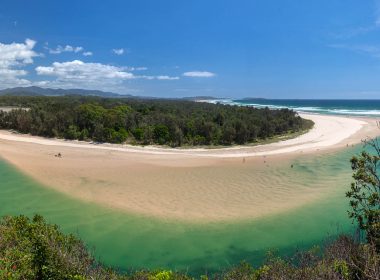Snapshot
- Changing the legal status of nature from an object, or human property, to a rights-bearing subject in law is an emerging legal movement that is gaining interest among grassroots communities and progressive politicians in Australia.
- Rights of nature laws exist in the USA, Ecuador and Bolivia.
- Legal personhood for ecosystems has been recognised in legislation and court decisions in New Zealand, India and Colombia.
In early 2017, New Zealand made international news for several innovative legal developments. For the first time in that country’s history, a river and a forest were recognised as having ‘legal personhood’ rights. Shortly afterwards, a court in India and a court in Colombia also recognised the legal rights of rivers and other ecosystems. However, these were not the first laws in the 21stcentury to transform the legal status of nature from being human property, or objects in the eyes of the law, to being rights-bearing subjects of the law. As an emerging legal framework, Rights of Nature laws face many challenges – both conceptually and in their implementation. However, for a growing number of academics, activists and law makers, it offers a new paradigm within which to challenge, rethink and improve environmental laws.




